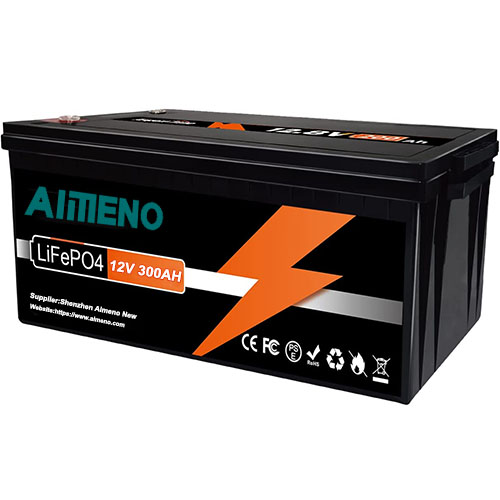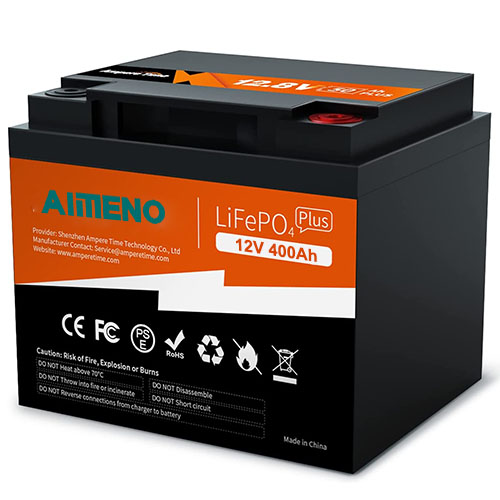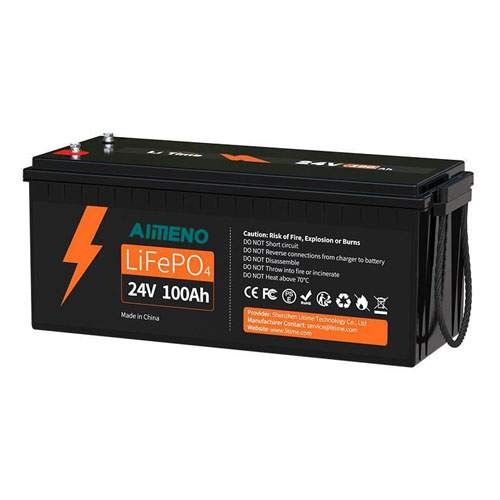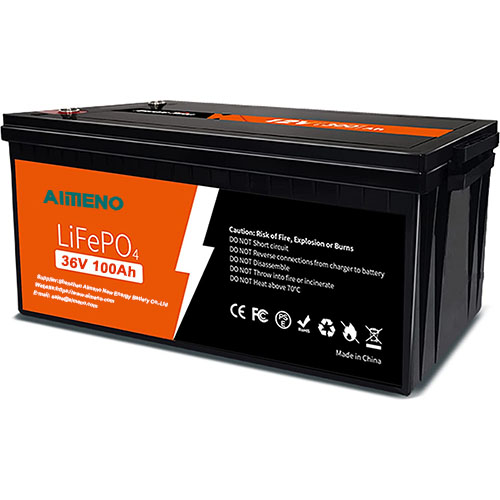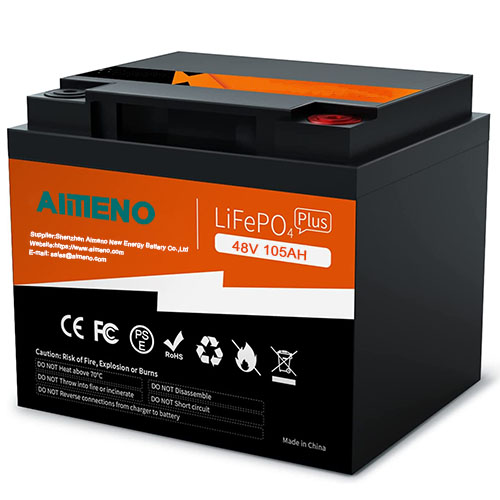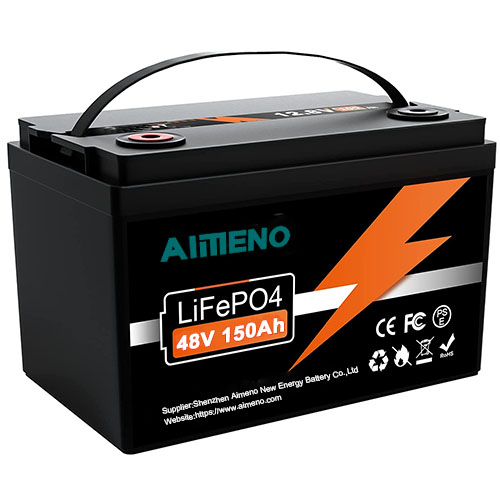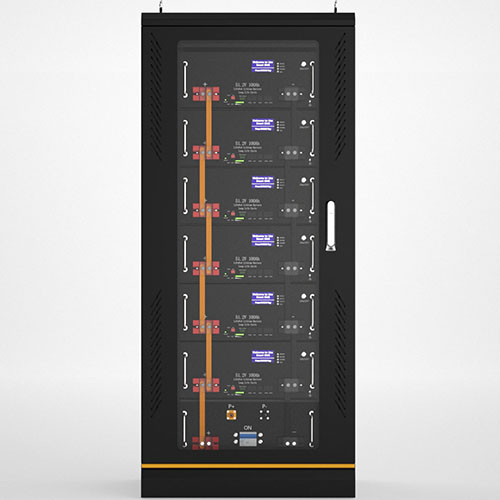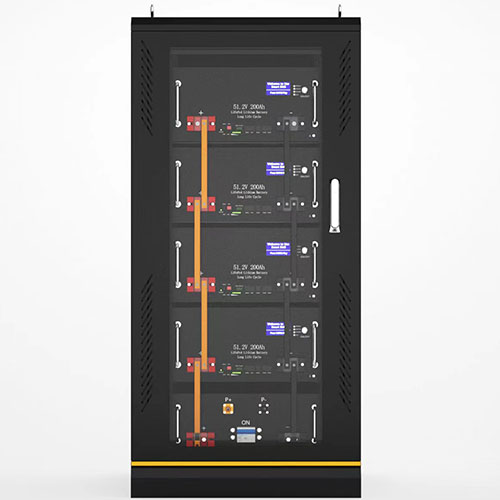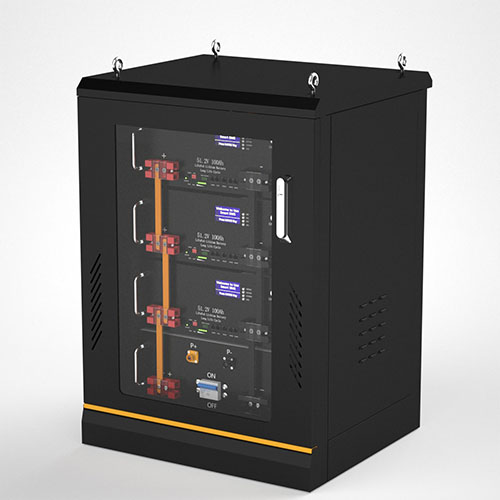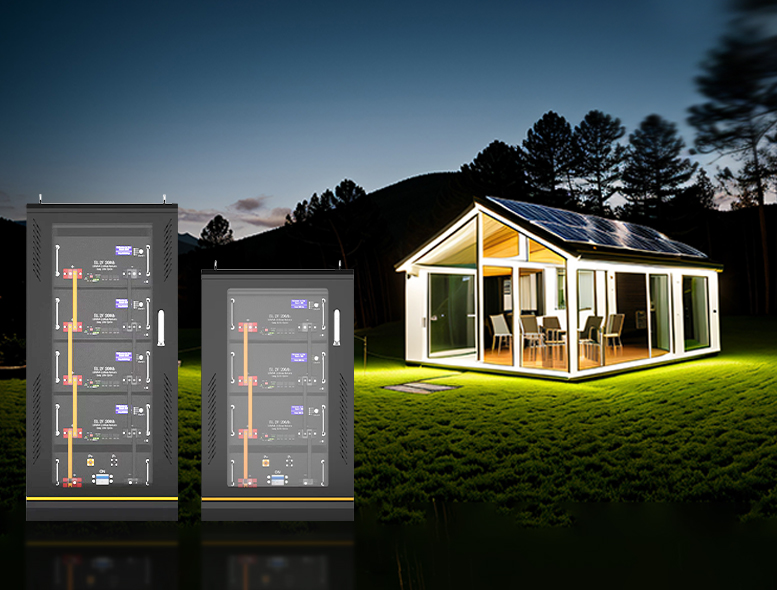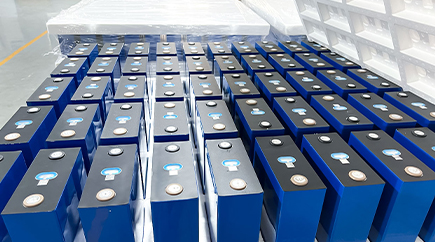Factors to consider when choosing a solar battery
1. Capacity rating
The capacity of a battery tells you how many kilowatt-hours (kWh) of
electricity it can store. The usable capacity dictates how long your battery can
send electricity to your home.
Some batteries may show two capacity ratings: the total capacity and the
usable capacity. The one you want to pay attention to is the usable capacity,
which is how much of the electricity the battery stores that you actually can
use.
You should consider batteries with usable capacity ratings of at least 10
kWh, as they’re suitable for most homeowners' energy needs and provide a decent
amount of backup power in the event of a blackout.
You can also install multiple batteries to increase the amount of electricity
your energy storage system can hold.
2. Power rating
A battery’s power rating represents how much electricity it can deliver to
your home at once, measured in kilowatts (kW). The power rating tells you how
many - and which - appliances you can run simultaneously.
Solar batteries will usually have two power ratings: the continuous power
rating and peak power rating. The continuous power rating is how much
electricity the battery can put out continuously (hence the name) for appliances
that need a constant power supply, like your refrigerator.
The peak power rating is the maximum amount of electricity a battery can
release for a short period of time, which allows you to keep appliances on that
need a burst of power in order to get up and running, like an air
conditioner.
Most solar batteries have a continuous power rating of 5 kW and a peak power
rating of 7 kW, so at the very least you should look for batteries with power
ratings in this range. Therefore, if you have a lot of appliances you want to
power at once, you should consider looking for batteries with higher power
ratings.
3. Round-trip efficiency
The round-trip efficiency of a solar battery represents the amount of energy
you can use from your solar battery compared to the amount of energy it took to
store that energy.
Say your solar panels sent 10 kWh of electricity to your battery, but only 7
kWh of that electricity was actually stored and can be used. That means 3 kWh
were used by the battery’s operating system to store and release the
electricity, making the battery’s round-trip efficiency rating 70%.
Our advice is to go for a battery with an efficiency rating of 80% or higher.
Higher efficiency batteries can save more money in the long run because more of
the solar electricity produced can be used by your appliances, instead of being
lost to the battery storing the energy.
4. Lifespan
Most lithium-ion batteries have a battery life of at least 10 years with
regular use. As you use a battery, it loses its ability to hold a charge. Think
about how fast your cell phone battery runs out after you’ve had it for a few
years - the same thing happens to solar batteries.
There are three ways in which the battery lifespan is typically measured:
Years
Estimated cycles
Estimated throughput
The battery cycle life is how many times the battery can be completely
charged and discharged. The throughput is an estimate of the amount of
electricity the battery will release over a period of time, and will vary
depending on the starting capacity of the battery.
5. Battery type
A battery's type is determined by the chemicals within it that are used to
store energy. The battery type, or battery chemistry, determines almost every
aspect of how the battery system will work.
Although lead-acid batteries were once the most popular battery used for
solar-plus-storage systems, lithium-ion batteries have recently become the
fan-favorite. There are two main types of lithium-ion batteries sold today:
nickel manganese cobalt (NMC) and lithium iron phosphate (LFP).
NMC batteries are more common on the market and are more energy-dense,
meaning that they can hold more electricity in a smaller area. They also tend to
be a bit cheaper. LFP batteries, however, can last longer than NMC
batteries.
6. Safety rating
All of the solar batteries on the market meet a set of strict safety
requirements in order to be professionally installed in homes. However, certain
battery chemistries are a tad safer than others.
NMC lithium-ion batteries are more sensitive to temperature changes than LFP
batteries, which means NMC batteries are more likely to experience something
called thermal runaway (AKA catching on fire) if mishandled.
The chances of this happening are extremely low and they’re still incredibly
safe to install. But because LFP batteries are more resilient to high
temperatures, they are less likely to catch fire, making them the “safest”
lithium-ion choice.
How solar batteries work
When your home doesn't need all the energy being produced by your solar
panels, the excess energy is stored in the battery. When the solar panels aren't
generating enough energy to fill the power needs of the building, the battery
discharges reserve power to make up the difference.
The way you configure your solar battery system affects how it works. You
have three main options:
Connect to your solar panels: Batteries connected to solar panels will fill
and discharge frequently in response to the times without sun that you still
want electricity. This is useful when in an area that is "off-grid," away from
electrical utilities.
Connect your solar panels to a solar battery system and to the grid: You can
choose to fill your battery and just keep it as a backup, rarely discharging it,
and mostly selling and buying excess electricity from the electric company.
Use battery during time of use rate spikes: If you live in an area where
electricity rates vary with the time of day, you can configure your system to
use battery backup at the most expensive times and to buy electricity from the
grid at the least expensive times.
Different types of solar batteries
There are several kinds of batteries used in battery backup systems,
including lithium-ion, lead-acid and flow batteries. Here's a quick overview of
each type.
Lithium-ion batteries
Lithium-ion batteries are the most common for home systems. Most of today's
popular battery backup products are lithium-ion, including the Tesla Powerwall,
Panasonic EverVolt and Generac PWRcell. They're lightweight and
energy-efficient, making them perfect for home use.
Lead-acid batteries
Lead-acid batteries have been used for hundreds of years and are the primary
type of battery used in cars. They're cheaper than lithium-ion, but they aren't
as efficient, which means they're best suited for small systems.
Flow batteries
Flow batteries (or redox flow batteries) are less common in home systems
since they're mainly designed for commercial use. However, the technology
appears promising, and it could become more widely used in residential battery
backup systems in the near future.
Nickel-cadmium batteries
Nickel-cadmium batteries have a high energy density with double the energy of
a lead-acid battery. Nickel-cadmium batteries are very durable, expensive and
work well in extreme temperatures making them a good choice for large-scale
commercial and industrial projects. Cadmium is toxic, however, and generally not
appropriate for residential use.
Pros and cons of solar batteries
Pros
Increased energy independence
Solar energy storage may offer greater net metering benefits
Relatively low maintenance
Cons
Expensive addition to solar array
May need to be installed at same time as solar panels
Additional solar feature to monitor
Choosing the right solar battery is crucial for maximizing the benefits of
solar energy and optimizing your investment. By considering factors such as
capacity, power output, efficiency, cycle life, scalability, safety,
maintenance, and compatibility, you can make an informed decision that aligns
with your energy needs and provides long-term value. Remember to conduct
thorough research, consult experts, and compare different options to select the
solar battery that best suits your requirements.



